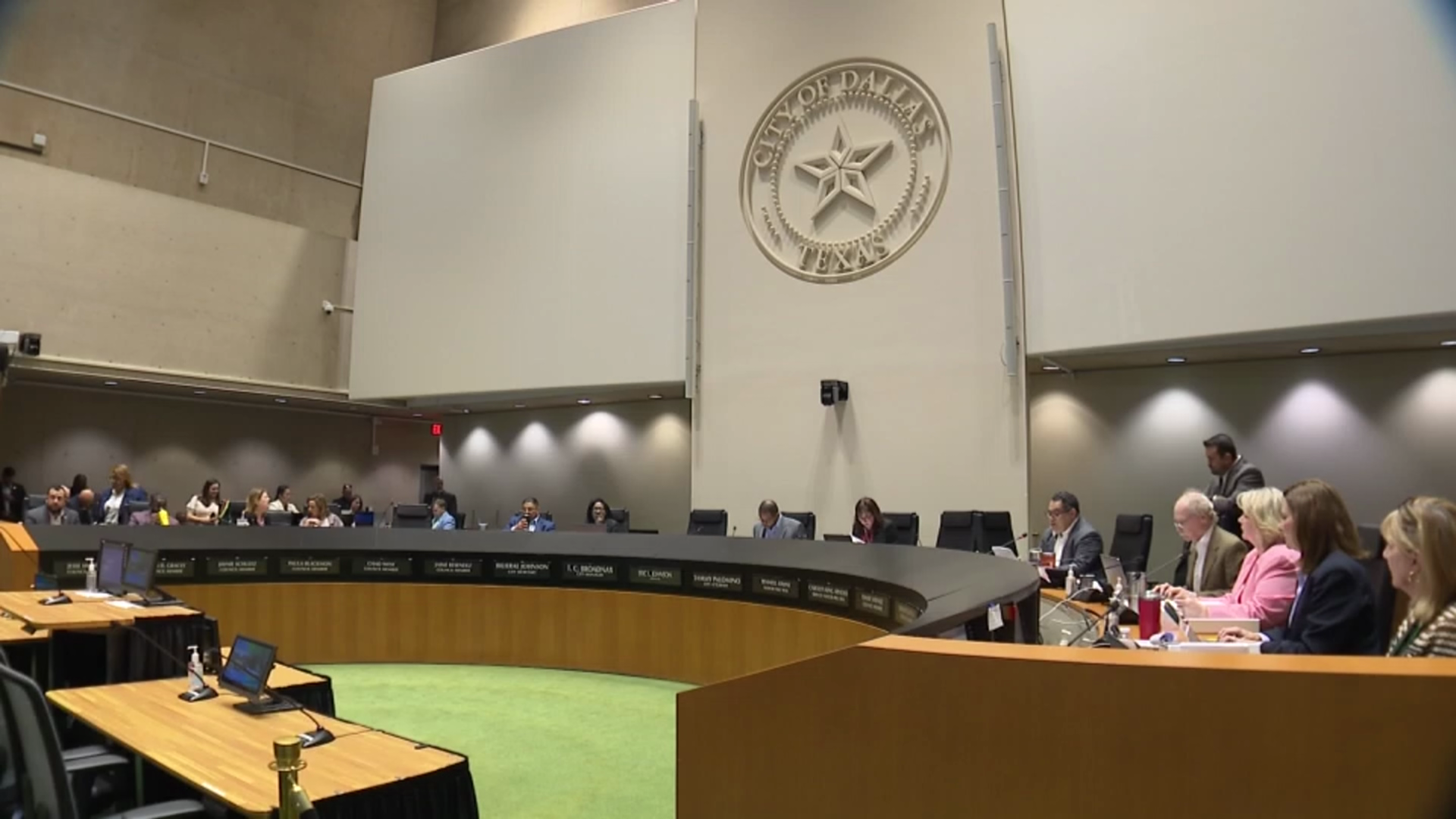NBC 5 Investigates has learned that neither the state nor Dallas County know the total number of people who have been tested for the coronavirus – statistics vital in helping track the movements of the deadly virus.
In Dallas County, health authorities get the testing count from government-run labs and test locations, like the drive-thru site at the American Airlines Center, but they don’t have totals for tests taken at private labs, County Judge Clay Jenkins said.
“I can tell you how many tests we’re running at the government labs, but it’s hard to get a good grasp on what’s happening at the private labs,” Jenkins said.
On its website, Dallas County publishes a daily count of test totals.
But the fine print says it’s “testing performed only through hospitals in Dallas County,” and does not include tests taken outside a hospital setting.
The Texas Department of State Health Services also publishes totals, with its website saying more than 400,000 people had been tested statewide – a number later updated when Gov. Gregg Abbott said an additional 19,000 tests had been performed, and that the rate of positive readings was declining.
NBC 5 Investigates
Uncover. Reveal. Expose.
“So one thing that I look at every single day is what is the percentage rate of those who are tested who test positive,” Abbott said.
But a spokesman for the Texas Department of State Health Services told NBC 5 Investigates the state does not have a completely accurate number of all people tested because of a reporting gap in tests that come back negative.
“There are likely new labs testing that are not reporting all of their negative results to us,” the spokesman told NBC 5 Investigates.
“Bear in mind that labs usually only report positive test results to public health,” he said. "It’s been a big adjustment to get more labs to report all results, positive and negative.
“It is a critical value to have. And, unfortunately, I don’t think we have it,” said Dr. John Carlo, former medical director of the Dallas County Health Department.
Carlo said more complete data could help determine how, and at what rate, North Texas reopens.
“The biggest thing we’re trying to do right now is understand what this epidemic curve is looking like,” he said. “And so, you know, the fastest way we’re going to know that is how quickly we see case rates increase or decrease.”
Without an accurate test count, Carlo said, health officials must instead rely on other statistics, like daily emergency room visits and hospital admissions, to determine whether things are getting better or worse.
Jenkins said it is that type of information he’s relying on, since he doesn’t have an accurate number of all people tested.
“The CDC and the doctors are saying, 'Let’s move more towards a metric that’s not quite as squishy,' … because you know each day some new testing can come on line,” Jenkins said.
As the pandemic continues, new testing labs are appearing, each encouraged by state health officials to report all of their test results. But capturing the results is expected to get even harder, as rapid testing becomes more accessible, with quicker results, performed in doctors’ offices and even homes where the findings are less likely to be forwarded to labs … and into the hands of officials doing a daily count.



